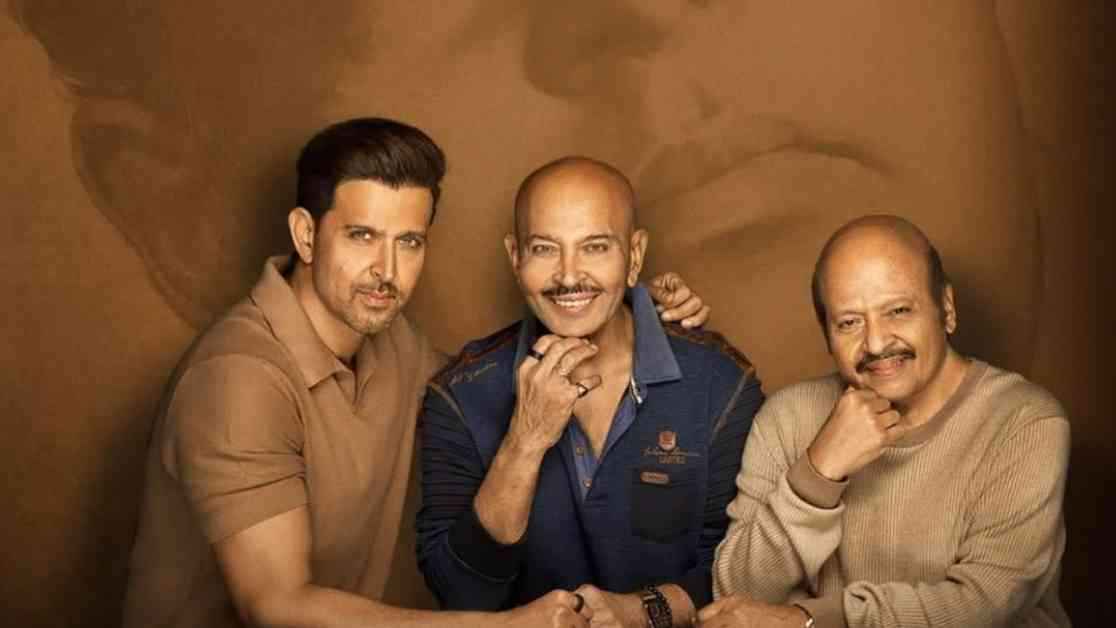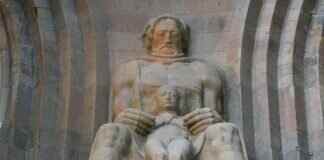The Roshans: A Musical Legacy Unraveled
The enchanting Sufi qawwali from Barsaat Ki Raat, “Na Toh Caravan Ki Talaash Hai,” encapsulates the musical brilliance of Roshan Lal Nagrath, a legendary figure in Hindi cinema. The impact of Roshan’s compositions is not just a footnote in history but a personal journey that transcends generations. For many, including myself, the melodies from Baware Nain (1950), particularly “Khayalon Mein Kisi Ke Aaya Nahi Karte,” evoke memories of a bygone era when music was more than just a soundtrack—it was a way of life.
Growing up in a household where Roshan’s tunes filled the airwaves, I witnessed firsthand the transformative power of his music. Whether it was my parents humming along to his tunes or the collective gatherings around the radio, Roshan’s music became a shared experience that bound us together. The recent Netflix docuseries, “The Roshans,” directed by Shashi Ranjan and produced by Ranjan and Rakesh Roshan, attempts to pay homage to this musical dynasty but falls short of capturing the true essence of their creative journey.
Roshan Lal Nagrath: The Maestro Behind the Music
At the core of the Roshan legacy lies Roshan Lal Nagrath, a visionary composer who revolutionized the Indian music scene. Born in 1917 in Gujranwala, Roshan’s musical prowess extended beyond mere notes on a page. His ability to weave together Indian classical traditions with contemporary cinematic rhythms resulted in timeless classics that continue to resonate with audiences today. Collaborating with renowned lyricists like Sahir Ludhianvi, Roshan gave us iconic songs such as “Zindagi Bhar Nahin Bhoolegi” and “Rahe Na Rahe Hum,” each carrying a depth of emotion that transcends time.
Roshan’s unique approach to rhythm, using it as the heartbeat of his compositions, set him apart from his contemporaries. By blending traditional Indian instruments with Western orchestrations, he created a sonic tapestry that was both captivating and innovative. Despite not receiving the recognition he deserved during his lifetime, Roshan’s influence on Bollywood’s golden era is undeniable. The docuseries, however, misses an opportunity to delve into how Roshan’s rhythmic legacy shaped the creative pursuits of his sons and the dynamic musical environment of the Roshan household.
The Struggles and Triumphs of the Roshan Dynasty
The journey of Rajesh Roshan, son of Roshan Lal Nagrath, is a testament to the enduring legacy of the Roshan family. Despite facing personal demons like alcoholism and the pressure of living up to his father’s reputation, Rajesh carved a niche for himself in Bollywood with hits like Julie (1975). His music, infused with echoes of his father’s compositions, showcases a deep-rooted connection to his musical heritage. The series, however, glosses over the internal struggles and artistic dilemmas that shaped Rajesh’s career.
Similarly, Rakesh Roshan’s evolution from an actor to a director is a tale of resilience and determination. Films like Karan Arjun (1995) and Krrish (2006) bear the imprint of Rakesh’s rhythmic precision, a quality inherited from his father. The docuseries briefly touches on Rakesh’s personal challenges, including a near-fatal encounter with a gangster and a battle with oral cancer, but fails to explore the emotional depth of his artistic journey.
When the spotlight shifts to Hrithik Roshan, the global icon known for his charismatic screen presence and impeccable dance moves, the series captures the essence of his stardom but overlooks the personal struggles that molded him into the performer he is today. Overcoming obstacles like a speech impediment and scoliosis, Hrithik channeled his hardships into a disciplined approach to his craft, evident in his electrifying performances on screen. His dance moves, a blend of inherited talent and relentless practice, pay homage to the rhythmic legacy of his family.
Despite its shortcomings, “The Roshans” serves as a nostalgic tribute to a family that shaped the landscape of Indian cinema with their musical genius. While the series fails to delve into the intricate nuances of their rhythmic legacy, it reignites a passion for the timeless melodies that continue to define the Roshan dynasty. As Roshan himself once said, his songs will forever bloom in our hearts, a fragrant reminder of a musical era that transcends time and space. “Rahe Na Rahe Hum, mahka karenge ban ke kali, ban ke sada, bage wafa mein…”














